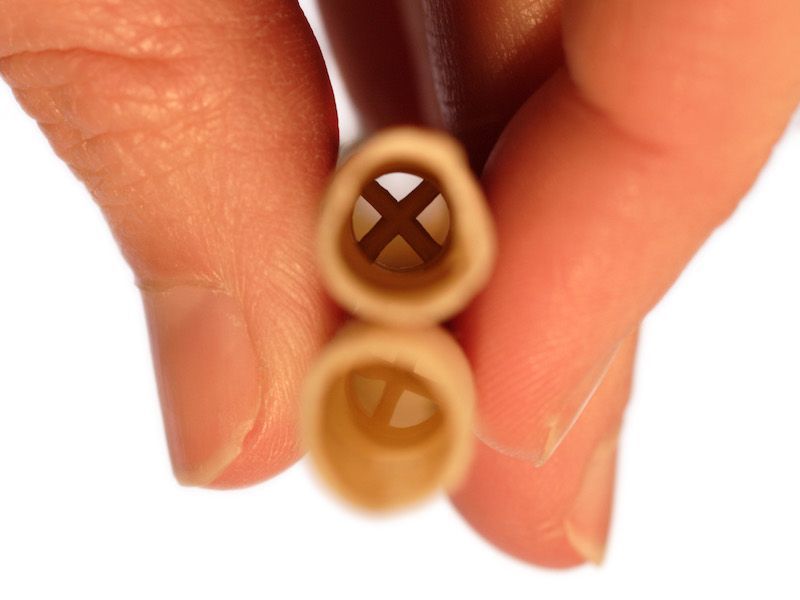What is Ear Candling?

In some groups, the practice called “ear candling” is persistently believed to be an effective way to reduce earwax. What is ear candling, and is it effective?
Do Earwax Candles Work?
Spoiler alert: No. They absolutely don’t work.
Why then do normally reasonable people routinely think in this pseudo-science. It’s hard to say with much precision. But even though the rational decision is fairly clear, understanding more about the risks of earwax candling will help us make an educated choice.
What is Earwax Candling?
So the basic setup goes like this: Maybe you aren’t certain how to get rid of all your accumulated earwax. You’ve read that it’s risky to use cotton swabs to clean your earwax out. So you begin looking for an alternative and stumble on this technique known as earwax candling.
Earwax candling supposedly works as follows: By sticking a candle into your ear (wick side out), you cause a pressure differential. This pressure differential then pulls the wax out. In theory, the pressure difference is enough to break up any wax that might be log-jamming in your ear. But this dangerous practice is not a good way to clean your ears.
Why Isn’t Ear Candling Effective
There are a few problems with this process, including the fact that the physics simply don’t work. You would need a considerable amount of pressure to move earwax around and a candle just isn’t capable of generating that kind of pressure. Second, creating that kind of pressure differential would require some kind of seal, which doesn’t occur during candling.
Now, the candles used in these “procedures” are supposedly special. All of the wax that was in your ear can be located within the hollow portion of the candle which can be broken apart when you’re finished with your 15 minutes of ear candling. The only issue is that the same debris shows up in both used and unused candles. So the whole practice amounts to fraud.
Scientific research has been unable to prove any benefit involving earwax candling.
So we Know Ear Candling Doesn’t Work But Dangerous is it?
So, you may as well give it a try, right? Well, whenever you get hot candle wax near your ears, you’re looking for trouble. You might be ok if you decide to try earwax candling. Plenty of people do. But there are certainly risks involved and it’s certainly not safe.
Here are a few negative effects of ear candling:
- Whenever you’re messing around with an open flame, there’s a chance that you might cause significant injury and put your life in danger. You wouldn’t want to burn your house down, would you? Eliminating a bit of earwax isn’t worth that kind of risk and danger.
- Your ear can be seriously burned. When melted candle wax gets into your ear, it can result in extreme hearing problems and burns. In the most severe cases, this might permanently jeopardize your hearing.
- Once the wax cools down it can clog up your ear canal. This can cause you to temporarily lose your hearing or, in the most extreme cases, call for surgery.
You Can Clean Your Ears Without Needing a Candle
The majority of people will never actually have to worry about cleaning earwax from their ears. That’s because the human ear is basically a self cleaning system. Nevertheless, there are certain people who will have abnormally heavy earwax production or buildup to deal with.
If it happens that you have excessive earwax there are practices that have been proven to work safely. For example, you could use a fluid wash. Or you could see a specialist who will be able to use specialized tools to get excess wax or wax blockages out of the way.
You should continue to stay away from cotton swabs. And open flames are not ok either. Earwax candling is a procedure that has no benefit and will put your ears, and your entire person, at substantial risk of injury and damage. Try burning candles for their sent or for enjoyment but never as a method to clean your ears.


